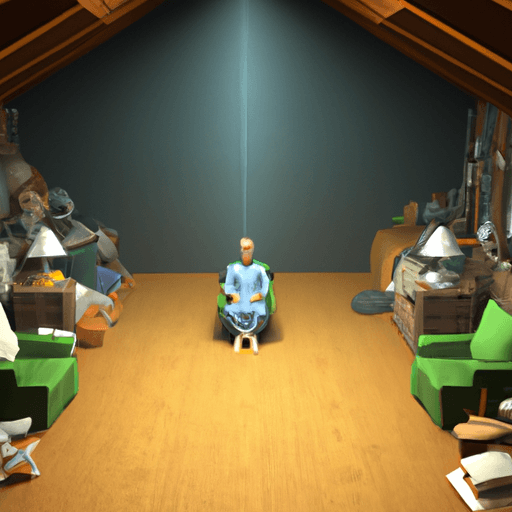Minimalism and its Impact on Mental Health
Among the towering trends of the 21st century, minimalism has gained much more than an aesthetic approval. Today, it’s seen as a potent lifestyle strategy, intertwined with our mental well-being. This article aims to shed light on the essence of minimalism and explore its impact on mental health, balancing both benefits and potential drawbacks.
Origins and Principles of Minimalism
The roots of minimalism are manifold, branching off from the mid-century modernist movement in architecture and art, to Eastern philosophies and religions such as Buddhism and Taoism that emphasize simplicity and detachment from material possessions. Its principles, however, are universal. Minimalism champions conscious consumption, decluttering, and focusing on the essential. It does not revolve entirely around owning fewer items but also about re-evaluating our priorities and values. A minimalist lifestyle aims to shift focus from what we have to who we are.
Minimalism and Mental Health
Considerable research reflects on the effects of the external environment on an individual’s mental health. Chaos, clutter, and complexity tend to amplify stress, acute anxiety, and even symptoms of depression. Minimalism, in contrast, emphasizes simplicity, organization, and mindfulness leading to a potential reduction in these mental health issues.
Stress Reduction
Clutter overwhelms our senses resulting in heightened stress levels. An organised, clutter-free space encourages relaxation and fosters a sense of control and competence. Studies have hinted a clear association between cleanliness, orderliness, and lower stress levels.
Increased Focus
Minimalism cuts down unnecessary distractions, enabling us to concentrate better. Research found a correlation between clutter and procrastination. Therefore, de-cluttered spaces might enhance productivity by boosting our distraction-free time.
Mental Wellbeing
A study published in 'Personality and Social Psychology Bulletin' established that women who perceive their homes as cluttered have higher cortisol levels, indicator of stress, than those who found their homes restful. Increased levels of stress can result in poor mental health. Therefore, a minimalist approach can potentially improve mental wellbeing by counteracting these stress-induced effects on mental health.
Potential Negative Effects of Minimalism
While the principle of minimalism generally advocates for stress-free living, it may not be suitable for everyone. Depending on an individual's personality and upbringing, minimalism could potentially feel restrictive and evoke feelings of guilt for not 'keeping up' with the minimalist standards. This might contribute to anxiety and stress, negatively impacting mental health. Hence, it's important to adopt minimalism in a way that aligns to individual values and comforts.
Practical Tips for Incorporating Minimalism
Minimalism is not just about letting go of possessions, it’s about creating room for more meaning in life. Here are a few tips on how to incorporate minimalist concepts into your daily life for better mental health maintenance:
- Start Small: Purge one room or area at a time.
- Quality Over Quantity: Choose fewer, high-quality items over a large number of lower-quality items.
- Zero-Based Budgeting: Budget only for necessary expenses.
- Resist Fast Fashion: Invest in timeless, durable clothing.
- Embrace Digital Nomadism: Opt for digital copies over physical ones.
In conclusion, minimalism as a lifestyle comes with a promise of improved mental health through stress reduction, increased focus and overall well-being. However, care must be taken to personalize it according to individual needs to evade potential negative impacts.


















Comments
Leave a Comment